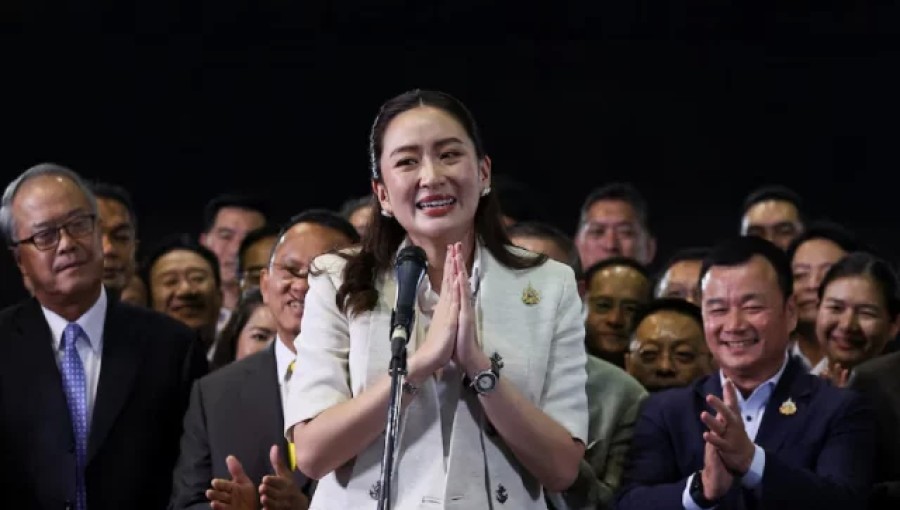Bangkok, August 17 — Petangtarn Shinawatra, daughter of former Thai Prime Minister Thaksin Shinawatra, has been elected as the new Prime Minister of Thailand. At 37 years old, she becomes the country's youngest-ever Prime Minister. Petangtarn, who leads the ruling Pheu Thai Party, was the sole nominee in the prime ministerial vote held in the Thai parliament, securing a decisive majority.
Petangtarn received 319 votes in the parliament on Friday, with 145 votes cast against her and 27 members abstaining. The voting process, conducted publicly, took about an hour. The news was reported by the U.S. news agency AP.
Petangtarn's election marks her as the third leader from the influential Shinawatra family to hold the office of Prime Minister, following in the footsteps of her father, Thaksin Shinawatra, and her exiled aunt, Yingluck Shinawatra. Notably, Petangtarn is also Thailand's second female Prime Minister after her aunt Yingluck. Thaksin, who remains a significant figure in Thai politics, returned from exile last year, further bolstering his daughter's political rise.
Thaksin Shinawatra, one of Thailand's most prominent and polarizing political figures, was ousted in a military coup in 2006. His enduring popularity as a leader of the Pheu Thai Party has played a significant role in the political support for Petangtarn.
The Pheu Thai Party General Secretary, Sarowong Thienthong, announced Petangtarn's candidacy for Prime Minister at a press conference in Bangkok on Thursday, just one day after former Prime Minister Srettha Thavisin was deposed by Thailand's Constitutional Court.
The court ruled to remove Srettha Thavisin from office on charges of "violating the code of ethics" by appointing a lawyer convicted of corruption as a minister. This marks the third time a Pheu Thai Party Prime Minister has lost their position due to a Constitutional Court ruling.
The current Thai government is a coalition of 11 parties, with the Pheu Thai Party being the largest party in the ruling coalition. Petangtarn's election is seen as a significant moment in Thai politics, symbolizing both a continuation of the Shinawatra legacy and the potential for a new chapter in the country's leadership.





























Comment: